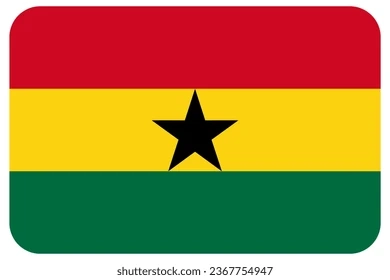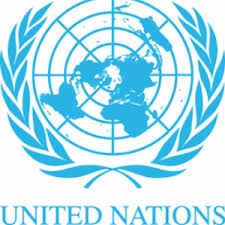Nineteen West African migrants deported from the United States to Ghana have disappeared after being moved from a hotel in Accra to undisclosed locations, deepening concerns over a secretive U.S. deportation scheme involving several African countries.
The group arrived in Ghana on 5 November and was initially housed in a hotel under the custody of Ghanaian authorities. Attorney Ana Dionne-Lanier, who represents one of the migrants, said that over the weekend part of the group was taken by bus to an unknown border area, while her client and others were moved “under heavy armed guard” on Wednesday. “We don’t know the location of any of them,” she said, adding that families and lawyers have lost all contact.
The migrants cannot legally be returned to their home countries because U.S. authorities recognize that they face a risk of torture, persecution or inhumane treatment there. Their disappearance has intensified criticism of a largely confidential U.S. program that, since July, has flown dozens of deportees to at least five African states, including Eswatini, Rwanda and South Sudan, under bilateral agreements negotiated with Washington.
Human rights advocates argue that the initiative may violate international protections for asylum-seekers and question whether migrants receive meaningful screenings before being sent to third countries where they have no ties or support networks. The program is part of the administration’s attempt to remove people who cannot be returned directly to their countries of origin because of court rulings or human rights concerns.
In Ghana, the deal is now at the center of a constitutional fight. Democracy Hub, a prominent civil rights group, has sued the government, claiming the memorandum with the U.S. bypassed parliament and breaches both Ghana’s constitution and international conventions that forbid sending people to places where they risk persecution. Ghana’s Supreme Court has ordered the parties to file legal submissions, underscoring the growing political stakes in Accra.
Meanwhile, in U.S. federal court, the Department of Justice has argued that Washington cannot control how partner governments treat deportees once they arrive, despite obtaining Ghana’s written pledge not to return them to their home countries. That position, rights lawyers say, highlights a dangerous accountability gap—one that has left the fate of the nineteen missing migrants uncertain amid mounting legal and diplomatic tension.




















